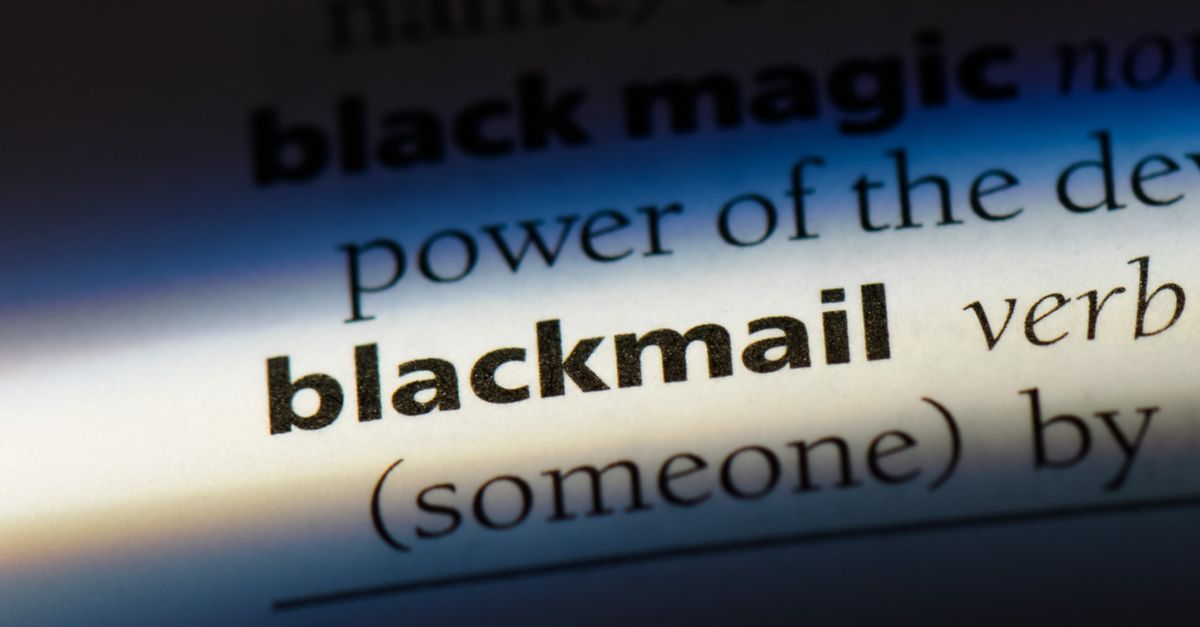Revenge porn using real images is a horrific abuse, and the most repeated advice is that you can only stop it by not creating revealing, digital images of yourself in the first place.
That advice is looking increasingly threadbare though, thanks to another kind of threat – faked images that use only your face to create embarrassing photos of you. This week, police arrested a man in India for blackmailing women with digitally manipulated images putting them in compromising positions.
On Tuesday, a resident of Gurugram, a city near Delhi, was arrested for blackmailing women through Facebook. At least one woman has accused the individual, identified in news stories only as “Vijay”, of trying to extort her using fake social media accounts and pictures.
Vijay, a helper at the Indira Gandhi International Airport who had recently lost his job, admitted to police that he created fake Facebook accounts in women’s names, and used them to send friend requests to random women. When some accepted, he would steal images from their accounts.
He would then approach them again using other Facebook accounts registered in men’s names, making lewd propositions. If they refused to interact with him, he would send them altered photographs (presumably of a sexual nature). If they continued to ignore him, he would post the photographs on Facebook to embarrass his victims.
Vijay had been blackmailing over 200 women, police said, adding that one account in his control had 353 ‘friends’ on it.
An ongoing issue
This isn’t the first time that people have altered images for nefarious ends. In April, Glasgow-based Sean McCuaig got three years in jail for blackmailing nine girls aged between 12 and 17 on social media. He would persuade them to send him pictures, which he would then superimpose onto nude images. He would show these images to the girls and threaten to upload them to Facebook if they didn’t send him real nude images of themselves.
In 2016, another man, also in the UK, stole photos of a 15 year-old girl from her Facebook page, superimposed them onto porn images and then uploaded them onto a porn site for others to see. The man, who had other victims, was arrested after the girl went to the police. However, anti-revenge porn activists heavily criticized the police force after he was only cautioned rather than being charged with an offence.
In 2015, crooks tried to blackmail two Chinese officials with altered pictures superimposing their faces onto porn, asking them to send money. The officials went to the authorities with the badly-Photoshopped images instead. Two years earlier, crooks elsewhere in China successfully extorted 255,000 yuan (about £28,600) with fake sex photos, in what was becoming a growing problem in China even then.
While some Photoshop forgers are laughably amateurish, a skilled manipulator can produce an image that would fool people even with close scrutiny. The worry is that this problem may get worse as faked images evolve into fake videos. Videos that superimpose people into fake situations, dubbed ‘DeepFakes’, have been used to create fake celebrity porn and have now been banned by a range of social media sites, with some porn sites following suit.
Advocates against domestic violence have already found people producing fake videos of non-celebrities and are exploring legal responses to what they see as a serious emerging evolution of revenge porn.
If you or someone you know has been approached by a blackmailer with compromising images – real or fake – we recommend you contact the police immediately.
